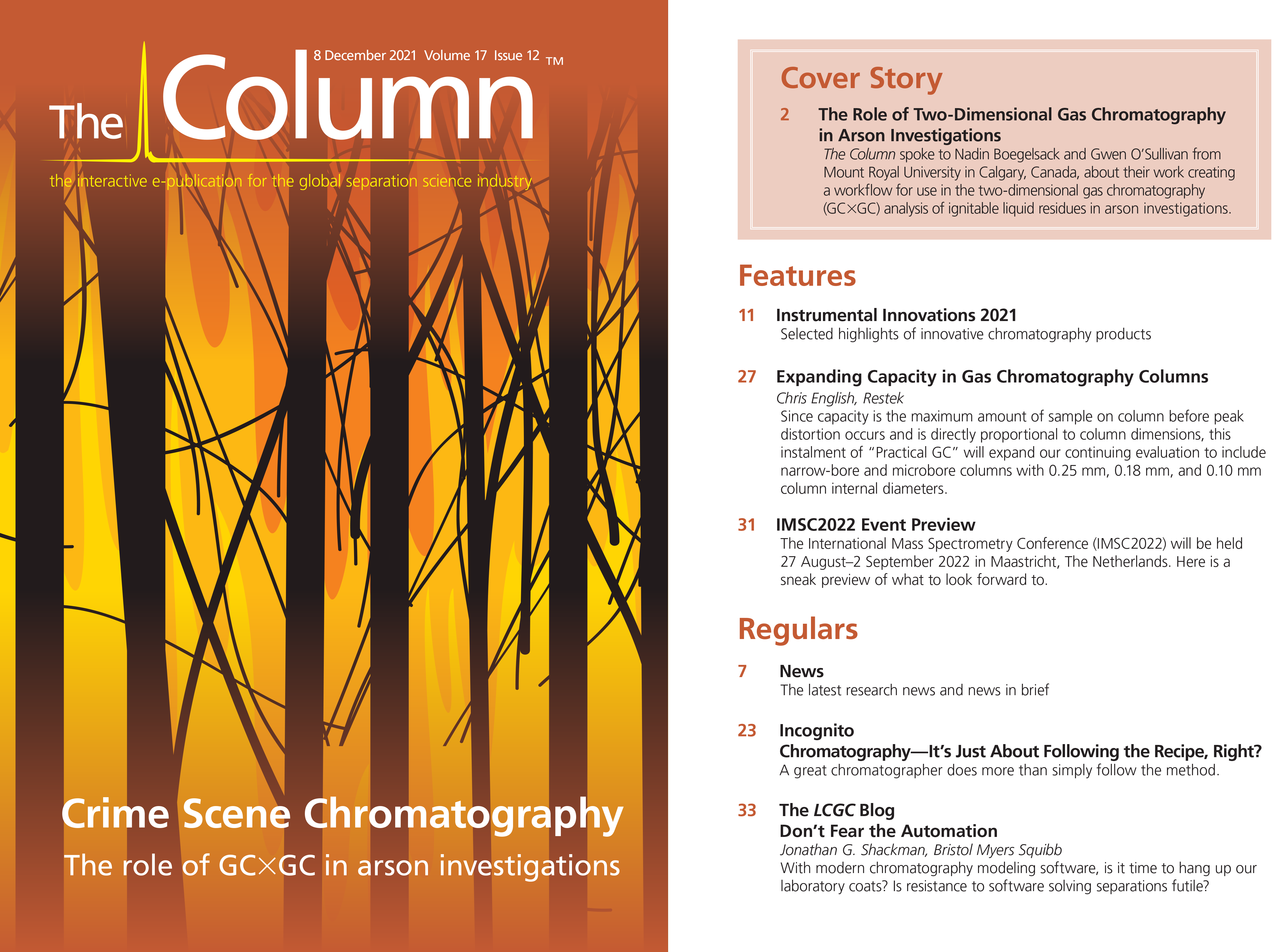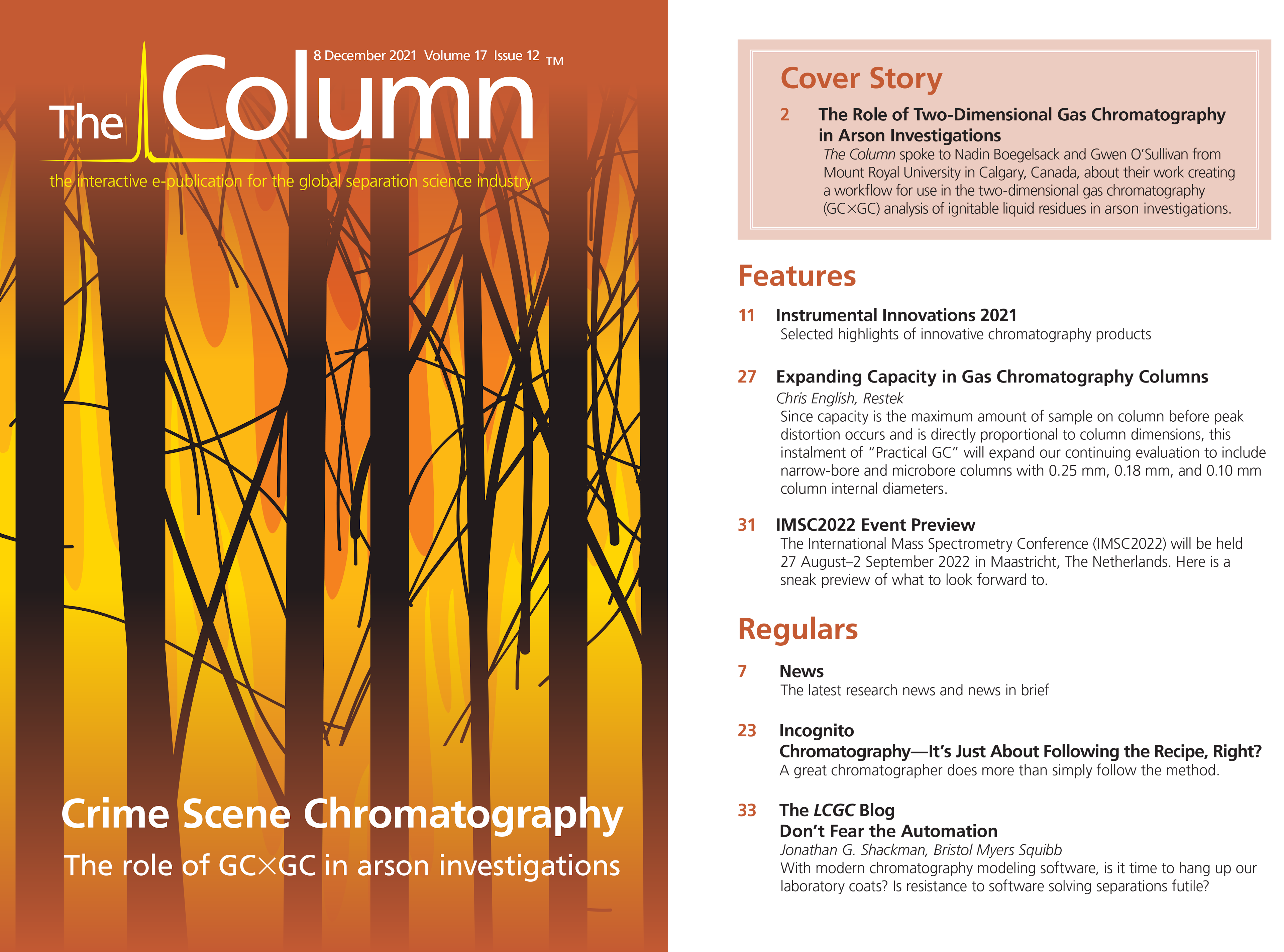Walsh University Dedicate Shimadzu-Funded Analytical Laboratory
Walsh University (North Canton, Ohio, USA) and Shimadzu Scientific Instruments (Columbia, Maryland, USA) have dedicated the Center for Analytical Excellence Laboratory, a collaborative project that includes the installation of nearly $1.2 million worth of new analytical equipment, at a recent event. The event was attended by Walsh University and local high school students and faculty, Yoshiaki Maeda, President of Shimadzu Scientific Instruments, and other company representatives, members of the business community, and elected officials.
The event also featured a celebration luncheon, a ribbon-cutting ceremony, science activities in the laboratory, student and faculty research presentations, and a science career fair. The ongoing partnership between Walsh University and Shimadzu was developed through the Shimadzu Partnership for Academics, Research, and Quality of Life (SPARQ) programme, which is designed to build long-term relationships between Shimadzu and academic institutions.
Shimadzu provided analytical solutions covering a range of techniques, including liquid and gas chromatography instruments for analyzing volatile and nonvolatile organic compounds, an inductively coupled plasma instrument for metals analysis, and equipment for a materials analysis laboratory. Supporting Walsh faculty and student research, the Center for Analytical Excellence Laboratory will also serve as a resource for collaborative projects within the business community, and for local companies that need to analyze samples but may not be able to make the investment in such instrumentation.
“The Center for Analytical Excellence Laboratory creates an opportunity for faculty and students that is unparalleled in the region,” said Dr. Tim Collins, Walsh University President. “Shimadzu’s generous donation will help position Walsh as a university that rivals the capabilities found at large research institutions—but with the benefits of the personal touch of a teaching campus.”
Walsh University received contributions for the laboratory from several benefactors in the region, including a grant from Shimadzu of more than $550,000 towards the state-of-the art instrumentation. In addition, Shimadzu will provide internship opportunities and unlimited access for faculty, staff, and students to consult with Shimadzu scientists and industry experts on projects for the life of the partnership.
“Walsh University’s proven dedication to drive scientific research for the betterment of students, the local community, and organizations around the country reflects a true commitment to education. We’re proud to award this grant and excited about the prospects this relationship provides both Walsh and Shimadzu,” said Yoshiaki Maeda, President of Shimadzu Scientific Instruments.
To learn more about the partnership between Shimadzu Scientific Instruments and Walsh University please visit: www.ssi.shimadzu.com or https://www.walsh.edu

Analyzing Vitamin K1 Levels in Vegetables Eaten by Warfarin Patients Using HPLC UV–vis
April 9th 2025Research conducted by the Universitas Padjadjaran (Sumedang, Indonesia) focused on the measurement of vitamin K1 in various vegetables (specifically lettuce, cabbage, napa cabbage, and spinach) that were ingested by patients using warfarin. High performance liquid chromatography (HPLC) equipped with an ultraviolet detector set at 245 nm was used as the analytical technique.















